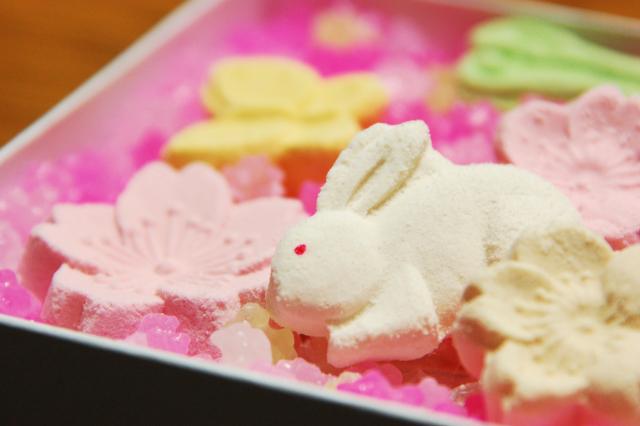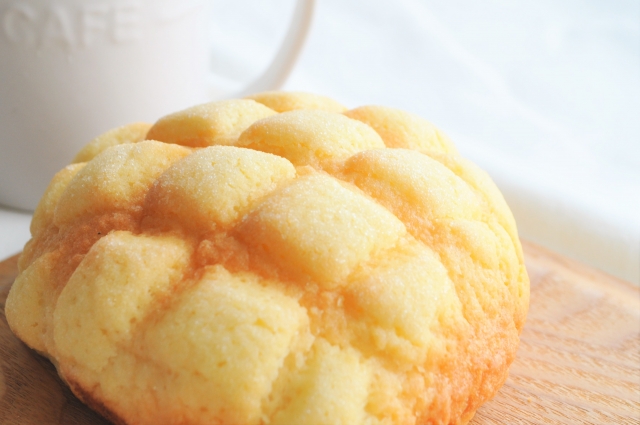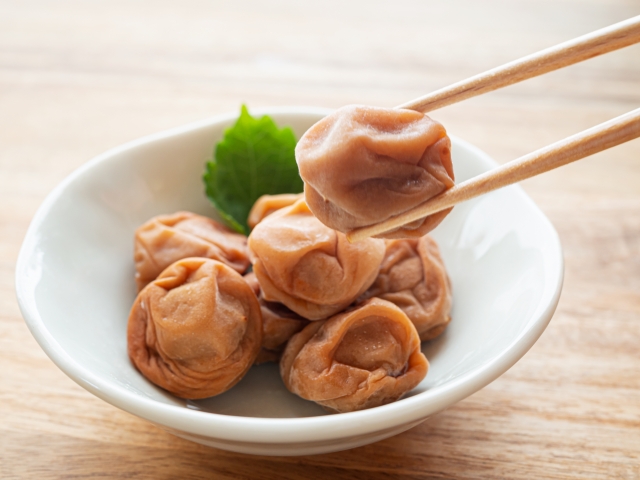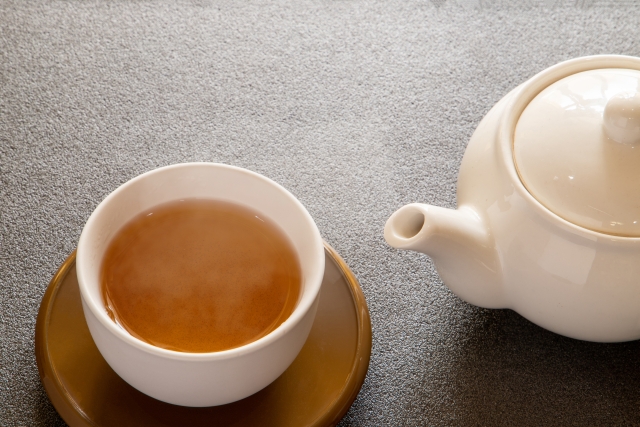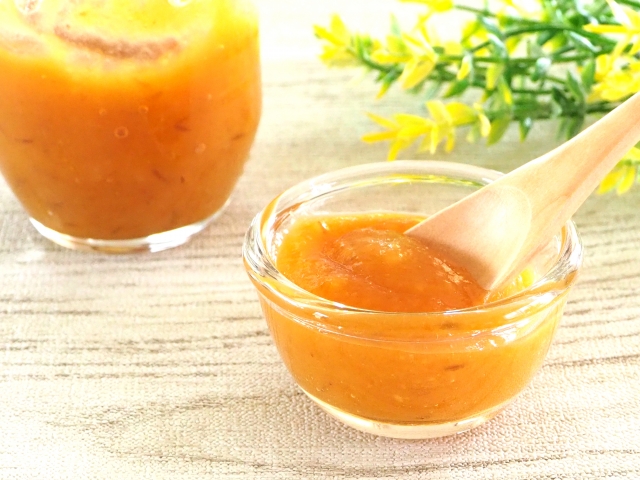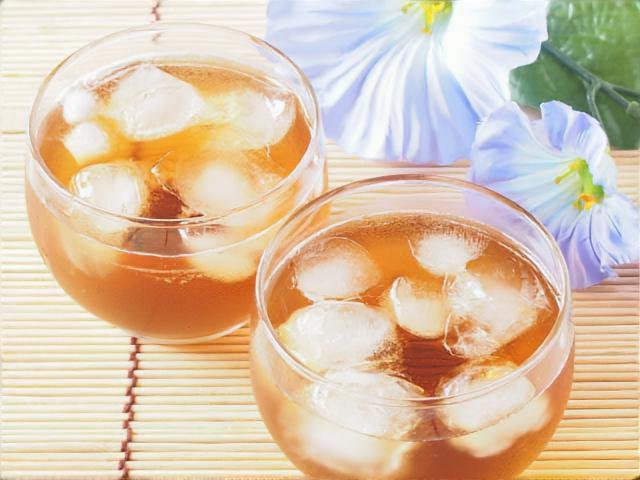
The most popular tea in Japan is Mugicha (barley tea)
Green tea" is probably the most famous tea in Japan.
So you may have the image that Japanese people who are reading this article are always drinking green tea, but that's not true.
We have told you in another article that there are many delicious teas in Japan.
- About Matcha
- About Hojicha
- About Genmaicha
- About Matcha genmai cha
We have yet to introduce you to some of these teas.
The tea I will introduce this time is Mugicha (barley tea).
Many people drink barley tea, which is rich in minerals, not only throughout the year, but also during the hot summer season.
How do you drink barley tea? We will also tell you how to be careful.
First, let me tell you what it means to call barley tea in English and Mugicha in Japanese.
| English | Japanese |
| Balrey | Mugi |
| Tea | Cha |
| Barley tea | Mugicha |
It's a completely different thing to say in Japanese and English. (It was a natural ministry.)
Mugicha is sweet?
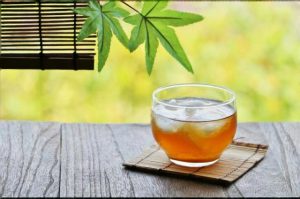
Once when I was traveling abroad and trying to buy some green tea, I saw a sign that said "with sugar". I remember being very surprised to see it labeled "with sugar". I thought, "People abroad put sugar in green tea? I was surprised that they put sugar in green tea. They put sugar and milk in their coffee. Put sugar in tea. I wonder if it's similar to that? I thought.
Now, on to the main question is mugicha (barley tea) sweet? But barley tea (Mugicha) is not sweet.
Mugicha isn't sweet. I heard that some families put sugar in their barley tea, but basically they don't put sugar in the tea.
You can enjoy the taste of barley.
Is there any caffeine in Mugicha?

Barley tea(Mugicha) is made from the grain barley, so it is made from tea leaves and Unlike green tea, it doesn't contain caffeine.
So it is safe for small children and pregnant women to drink it. I spent my entire pregnancy drinking Mugicha with as little caffeine drinks as possible. My kids have been drinking Mugicha since they were babies.
Barley is a grain, but does it last a long time?

We told you that barley is made from barley, but barley is a grain, not a leaf, so if you brew barley tea with hot water, you can still make it with water. It doesn't last long if you brew it in Drink up the same day you make it.
For example, make watered-down Mugicha the night before and keep it in the refrigerator.
You can drink it the next day! I recommend not drinking the day after tomorrow.
I've been careful about my ministry.
I used to carry it around in a straw mug when I gave my kids Mugicha to drink, but the babies tend to go backwards and the food they are eating goes into the mug.
This makes it easier for germs to grow, so be sure to throw away any long aged mugicha.
How do they make barley tea in Japan?

In the old days we used to make boiled barley tea by putting the barley in a kettle, but now we sell convenient barley tea packs.
You can put the barley tea pack in the night and boil them out.
You can also make watered-down barley tea by putting the barley tea pack into a tea kettle and adding the barley tea pack to the kettle.
The easiest way to make barley tea is to put the barley tea pack in cold water and leave them in the refrigerator overnight, which is easy to do, but boiled barley tea has a strong barley flavor and a deep taste.
Features of Barley Tea Packs
- You can also make barley tea in cold water.
- The barley flavor is rich when boiled.
Either way, it's an easy way to drink barley tea.
Now, let's summarize the article's content.
- Barley tea isn't a sweet tea.
- Barley tea is the most commonly drunk tea in the Japanese family.
- Barley tea is a grain-based tea.
- It doesn't keep for a long time.
- It's easy to make barley tea from a barley tea pack.
I encourage you to drink barley tea in your daily life!
↓The barley tea below is a pack of barley tea made by a famous manufacturer that you can find in Japanese supermarkets.
It's safe to drink!!
